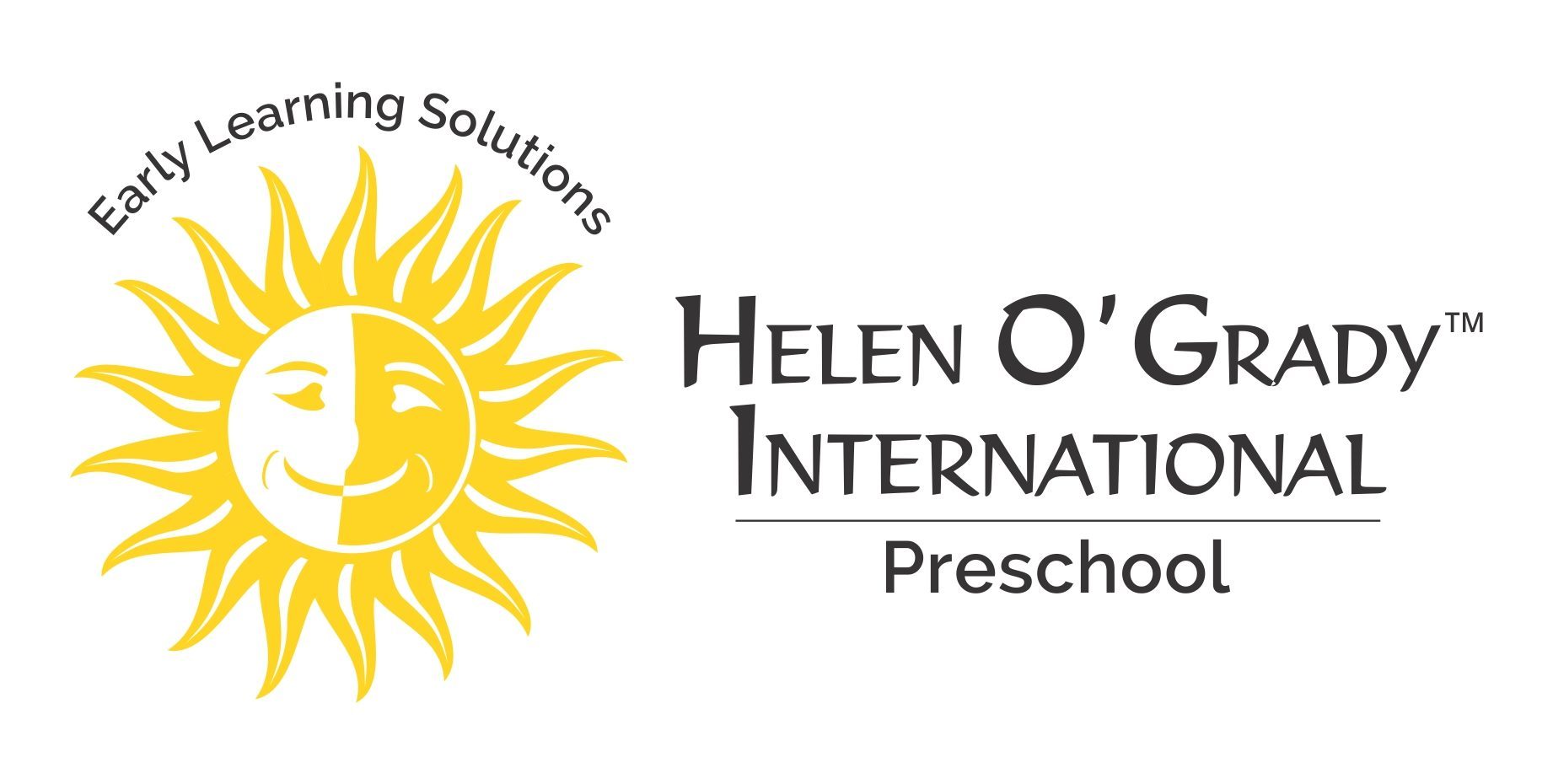
The Pandemic has created a gap of about 18 months in the educational continuum of every child. We conducted a Gap Analysis for students in classes 1 and 2 in a main line school. Being the foundational years on which further learning is constructed, a clear understanding of basic literacy, numeracy, functions, application of knowledge and confidence to communicate is imperative.
Since children in India have begun coming back to school in November, 2020, this study is being undertaken from Nov 20th to 27th, 2021, to analyse if children have the required skills of the class in which they are. The results of the study will help us understand what remediation needs to be brought into the learning framework and at what pace the existing programmes and curriculums may be implemented in school via the teachers.
The Gap Analysis is based on the Learning Outcomes defined by the NCERT for each level. The Baseline Gap Analysis will be conducted using the Pervious Class Learning outcomes as the base. Another Gap Analysis will be conducted in March which will examine the acquiring of the required base skills and competencies as well as look at achievement levels based on the learning outcomes of the present class. Eg. Children presently in the grade 1 will be tested in November based on the UKG learning outcomes. They will be tested again in March using the learning outcome of UKG and Grade 1. This will ensure that students completing grade 1 in March would have attained the basic skills required for entry into grade 2. In November and December, an enhancement programme will be developed to help Children Bridge this learning gap and the same will be implemented in class through the class teacher.
In March if some gaps still persist and the child has not attained the skills or competencies required to build into the next level, the same will be enhanced through a Summer School programme for a month.
In some national education systems, secondary schools may be called colleges or have college as part of their title.In Lorem the term college is applied to any private…
A questionnaire has been devised using the NCERT learning Outcomes document, the Combined Curriculum for Preschool document developed by the NCERT, The Learning Milestones document of the Home Schooling Community.org and the Graded Examinations in Spoken English guidelines of the Trinity College, London. This questionnaire will be administered by trained educators on a one on one basis for each child from Grades 1,2,3 The results will be collated and shared with the school. It will be mainly used for the development of the enhancement programme to be conducted in class by the teachers from Jan to March, 2022. A second questionnaire will be prepared for a similar implementation at the end of March. The results of the same will be collated and shared with the school and the summer school programme will then be designed for each group of children.
Grades for internal use only and not to be shared with school or parent. In simple terms, these levels can be classified as follows:
» A — Distinction – child performs all task with no help from the examiner
» B — Merit – child needs a little guidance for some tasks
» C — Pass – child requires guidance for all tasks
» D — Fail – even with guidance the child is not able to complete the task.
» Hypothesis
With this intervention we are sure to strengthen foundational literacy as applicable for the grades 1, 2, 3. These can be measure by verbal and written tests. In this way our focus for these children would be
Year 1: Strengthening foundational Literacy
Year 2: Building Competencies
Year 3: Building Character Qualities
As these child move up the grade, our programme could look at gap analysis and skills/competency building programmes as part of curriculum and co-curricular intervention.
Enroll Today!!

